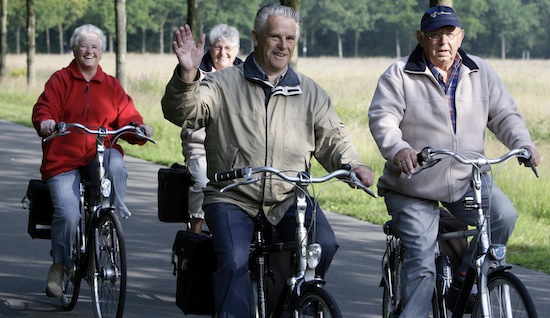BikeAbility offered free to 3,000 adults from next month
According to an article published in The Sunday Times, 3,000 adults will be offered free BikeAbility training from next month.
The free training will be offered out on a first come, first served basis and will expand upon the lessons taught to children, covering off bike handling, cycling on the roads alongside traffic and other skills. Taxpayers will cover the bill for this proposed adult BikeAbility training.
It is reportedly another strand of the Government’s effort to pull people from cars and public transport in the face of growing pollution and congestion issues, as well as the close proximity often forced on public transport.
Emily Cherry, who was appointed as the BikeAbility Trust’s new executive director in May of this year, told the paper “most taking up training are cyclists who have been enjoying the relative quietness of roads in the first few weeks [of lockdown] but are now worried as roads get busier and traffic increases.
“Learners also fear a reduction in the number of cyclists around them as traffic volumes increase.”
Cherry went on to suggest that cycling should become as important to schools as the curriculum’s swimming lessons.
“Jumping into a pool, a river, a lake is dangerous… children have to demonstrate by the end of primary school they can swim. Could we do the same for cycling?
“I think it would help to have compulsory training at the end of primary school,” she added.
In February of this year the Government pledged to train every child in the UK, upping its commitment from just half of children.
While the funding pledge was welcomed, many commented that training doesn’t address the fundamental issue of whether it is safe to cycle on the roads without dedicated infrastructure.
The Government, with spend pledges like the Emergency Active Travel Fund, has started the journey to progress on both fronts, though many remain unconvinced that the £2 billion spend pledge is enough to make meaningful change. Parallels have been drawn between cycling and walking’s budgets and that of projects such as HS2.



